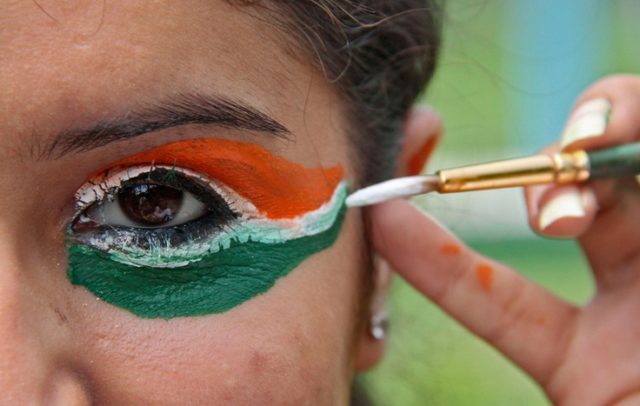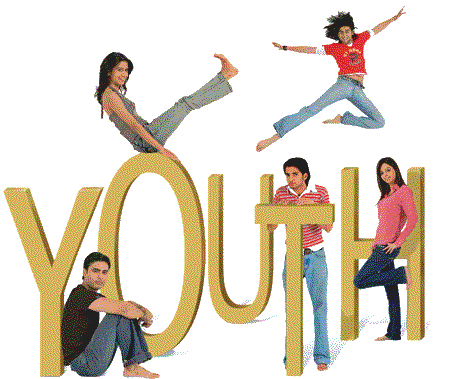A society comprises the group of people living in an ordered community that share a similar culture and values. With the passage of time, it is natural for these values and this culture to change. In fact, considering that the environment in which a society exists is not static, a society that does not adapt itself accordingly would be in danger of becoming extinct.

India may be relatively young as a country, but as a culture, the land of South Asia has been the home of a large chunk of humanity for many centuries. Change has been ingrained in the people of our land; we have had many rulers and many systems of government.
The process of Social change that brought India towards modernity however is considered to have started in the late nineteenth century. By this time, the movements for Social Reform had been undertaken by the likes or Raja Rammohan Roy, and some of the more egregiously regressive practices of the Hindu religion like Sati were made illegal. As the railway lines were laid all over the country, a number of prejudices that we Indians harboured about those who were from a different part of the country were gradually dissolved, and an idea of shared nationhood began to emerge. The struggle for freedom, which began in right earnest in the early twentieth century, served to unify the country further, However, caste and religion still divided our people, and by the time India had won independence, relations had strained to such an extent that the country had to be partitioned.
The great Social struggles of post-independence India have been for caste-equality and gender-equality. While credit is due to the architects of our constitution and the early politicians for ensuring that India’s laws are by and large progressive, engendering this change in the mindset of our people is likely to be a longer struggle.
And this is the primary reason for stating that India does need social change.
It needs a fresh perspective on women, recognising that they are equal in every way to men, and have the same right to work, to pursue their careers and their interests, to wear what they please and go where they will.
It needs to re-look at the underprivileged classes, accepting that the occupation followed by a person’s father or grandfather or the perceived inferiority of his or her blood does not define who he is as a person; that all human beings have been created equal, and no accident of birth can change that.
It needs to accept that homosexuality and transgenderism is neither a western concept nor a new-fangled fashion, but a biological and psychological reality. Whether scriptures sanction it, or history mentions it, should have no bearing on the right of a person of a different sexual orientation or of a fluid gender identity from being a part of society.
It needs to move on from the narrative of victimhood and distortion, blind faith and feudal grovelling, patronage and hypocrisy.
It needs to learn to ask questions, rather than blindly accept everything it is told, much as the words of Prophets and God-men have been accepted through the centuries. The facts often hide very deep in the chaff that are the words of our politicians, our media and our friends. We need to learn to seek them out and then question those as well, to find out why our society is how it is, rather than accepting that ‘We are like this only’.
We, the people of India, have been for too long beholden to words and scriptures, to ideas and beliefs that have no place in the modern world. Outrage is our default state, lies and exaggeration the grammar of our discourse.
Rather than acquiring a taste for unbridled consumerism and heartless capitalism, it is fairness, diligence and respect that are the values we should be looking to the west for. And closer home, to our own long-esteemed ideals of tolerance and acceptance, our traditions of intellectual inquiry and scholarship.
That is the Social change that Indians need.































